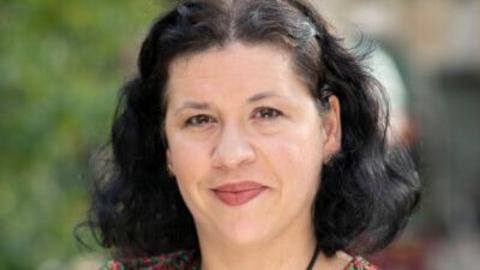Graham Vidler, from the Confederation of Passenger Transport, which represents bus operators, tells us: "We accept that passengers face a mixed picture depending on where they live."
He said better technology at bus stops was the responsibility of local councils but that many would struggle to find the money to upgrade them given their tight budgets and the fact there are so many.
"In contrast to the rail network, where there is a manageable number of stations, there are tens and tens of thousands of bus stops across the country."
Louis Dyson, managing director of DRM Buses, which operates the route in Herefordshire that Janette and Doreen use, says the company had cut the route from hourly to two-hourly because of a drop in passenger numbers.
“If as much funding was given to support rural services, rather than making city buses run every 15 minutes, then perhaps there would be more options for the public,” he says.
Dyson says that when buses were running late it was usually caused by bad traffic, roadworks, bad weather and a lack of bus lanes - factors outside of drivers’ control.
And in response to claims that passengers can’t always view accurate information about when DRM’s buses are arriving, he says vehicles have ticket machine tracking software but that the rural location of services interfered with their connectivity.
Dyson says the service that Janette and Doreen regularly take would be changing to hourly “in the next month or two” if it gets approval from officials.
For people like Janette and Doreen, that can’t come soon enough. For them buses are what give them their independence and a chance to see family and friends.
“We’re only asking for the service we had before to be reinstated,” says Janette. “Nothing more.”
Additional reporting by Jennie Dennett, David Spereall and Grace Dean.
